op world news stories

First Thing: Israelis and Palestinians celebrate but key truce issues remain

FirstFT: Hamas releases remaining living and dead hostages

Forced to flee: Top countries refugees are coming from

This is how people in 2025 are getting their news

The 10 Biggest News Stories Of 2025 (So Far)
1. Hostage Release & Gaza Truce Developments



6
A significant milestone in the Gaza conflict: Hamas has released the remaining living hostages taken during its October 2023 attack on Israel, and Israel is releasing over 1,900 Palestinian detainees in return—including some serving life sentences. Financial Times+1
Why this matters:
- It looks like one of the most serious steps toward a fragile truce between Israel and Hamas in years. The Guardian
- Yet many of the harder issues remain unresolved: the future governance of Gaza, disarmament of Hamas, humanitarian access, reconstruction. The Guardian
- For the region and the world, this also has implications for wider Middle East stability, global diplomacy and humanitarian aid flows.
What to watch: whether this pause holds, how reconstruction in Gaza begins, whether other regional actors get involved, and how many hostages or detainees remain issues.
2. Record-High Displacement: 123 Million People Forced to Flee



6
According to the United Nations High Commissioner for Refugees (UNHCR), forced displacement reached about 123.2 million people worldwide in 2024. World Vision The main drivers: conflict, persecution, human-rights violations, instability—especially large scale in places like the Sudan crisis. World Vision
Why this matters:
- This is a humanitarian emergency on a massive scale, stretching aid systems, host communities, budgets and global attention.
- Displacement affects geopolitics, migration policy, security, development and humanitarian frameworks.
- It highlights that the world’s “quiet” crises (displacement, refugees) sometimes receive less attention but have huge long-term consequences.
What to watch: how major donor countries respond, how host countries manage social/ economic integration, whether the root conflicts are addressed, and how this plays into migration corridors.
3. Shift in News Consumption & the Rise of Social Media/Video

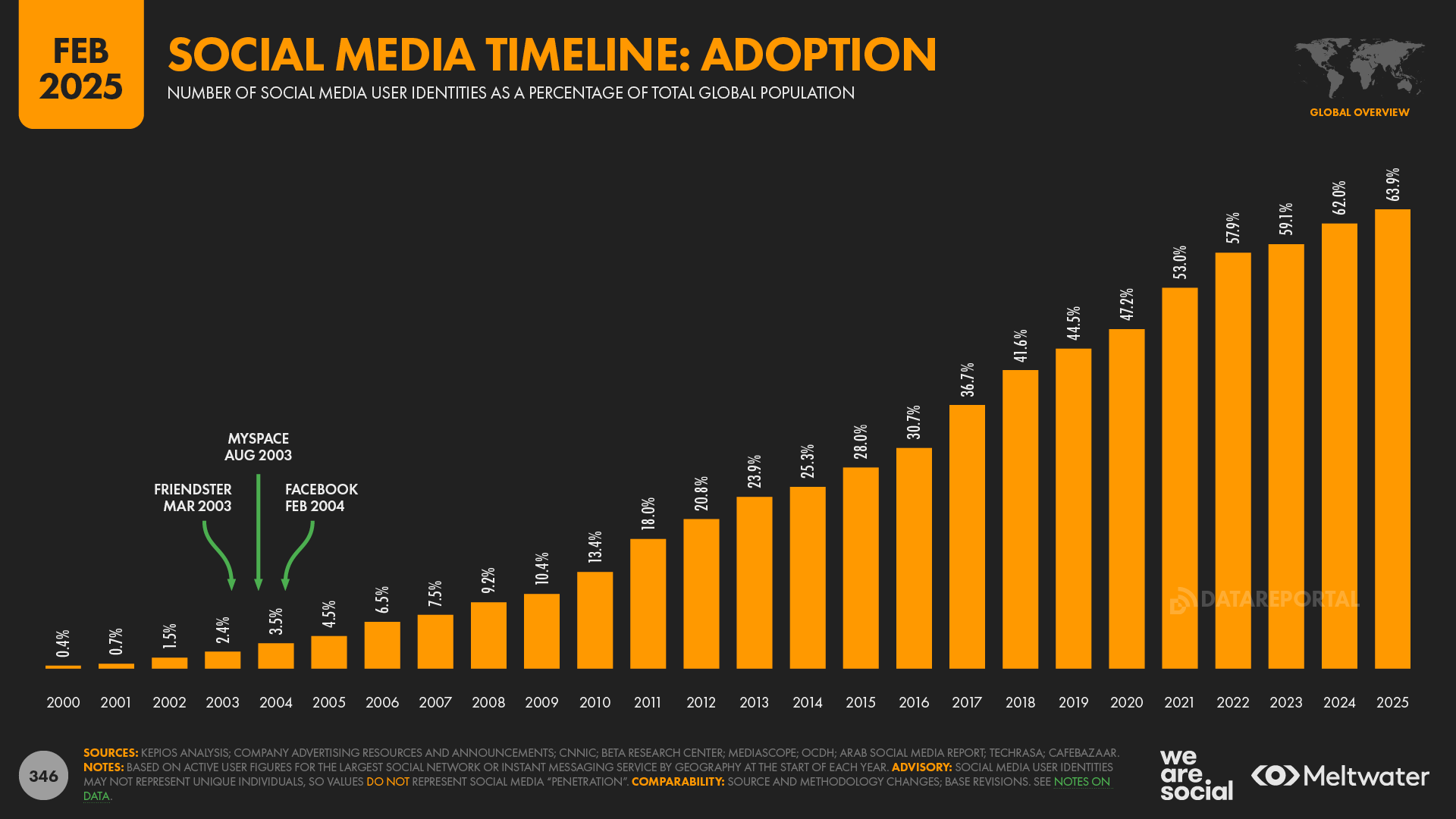
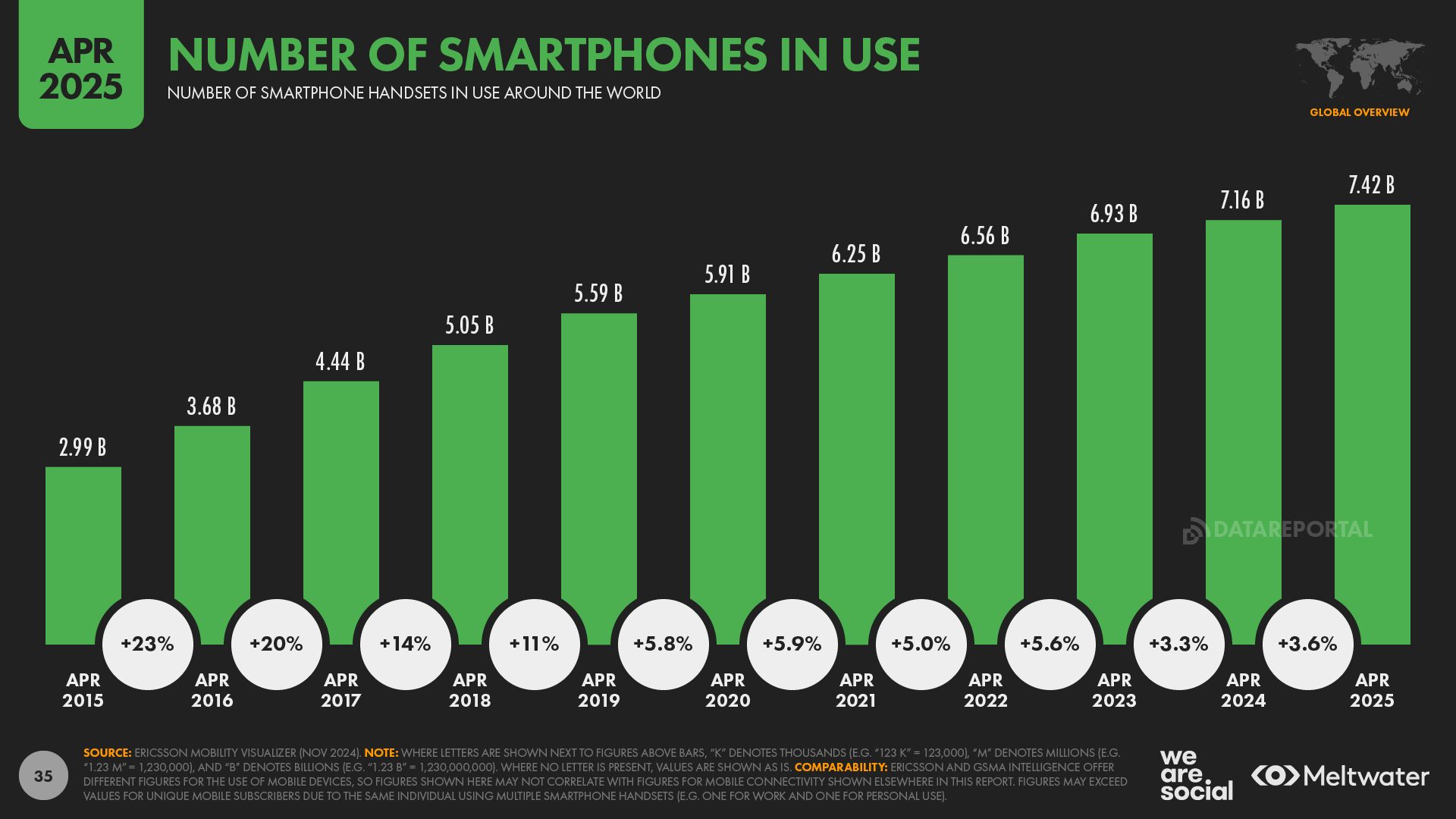
6
A study released by the Reuters Institute for the Study of Journalism (via the World Economic Forum) shows that many people around the world (especially in the U.S., Latin America, Africa and Southeast Asia) are increasingly using social media and video platforms as their main news sources—outpacing traditional TV, print, and websites. World Economic Forum
Why this matters:
- The medium through which people receive news impacts the nature of the news (format, speed, trust level, misinformation risk).
- Traditional journalism models are being challenged, which may affect how we verify facts, how deep reporting gets done, and how media business models work.
- For global events, this means faster spread of news—and potentially misinformation.
What to watch: how platforms regulate content, how journalism adapts, how “trusted news” evolves, and how different regions vary in their news consumption patterns.
4. Big Advances in AI, Tech M&A & Economic Turbulence
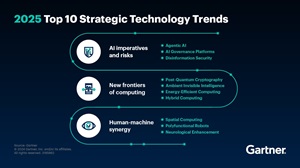
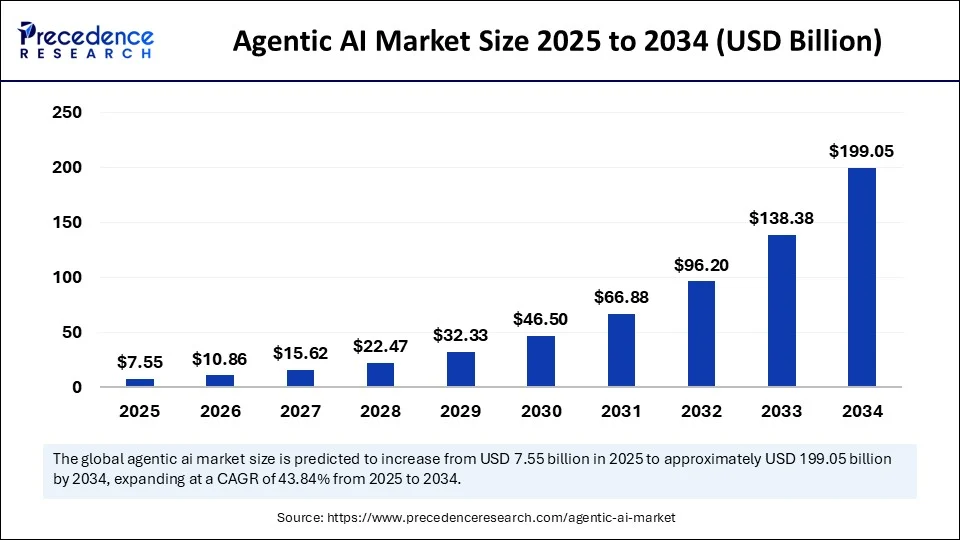

6
A tech-industry report identifies several key stories of 2025 so far: rapid development of agentic artificial intelligence, large–scale mergers (e.g., Hewlett Packard Enterprise’s $13.4 billion acquisition of Juniper Networks), and economic uncertainty triggered by tariff shifts and macro-pressures. CRN
Why this matters:
- AI is accelerating in a way that could reshape industries, jobs, competition and regulation worldwide.
- Major M&A signals consolidation in tech, which can affect innovation, market power, and downstream consumer implications.
- Economic instability (trade, tariffs, supply chains) interacts with technology shifts and geopolitics—so global business, employment and policy are all intertwined.
What to watch: which countries/companies lead in next-gen AI, how regulation responds (privacy, security, ethics), how economic policies evolve, and how tech disruption affects labour markets globally.
5. Global Economic Update: Emerging Risks & Trends

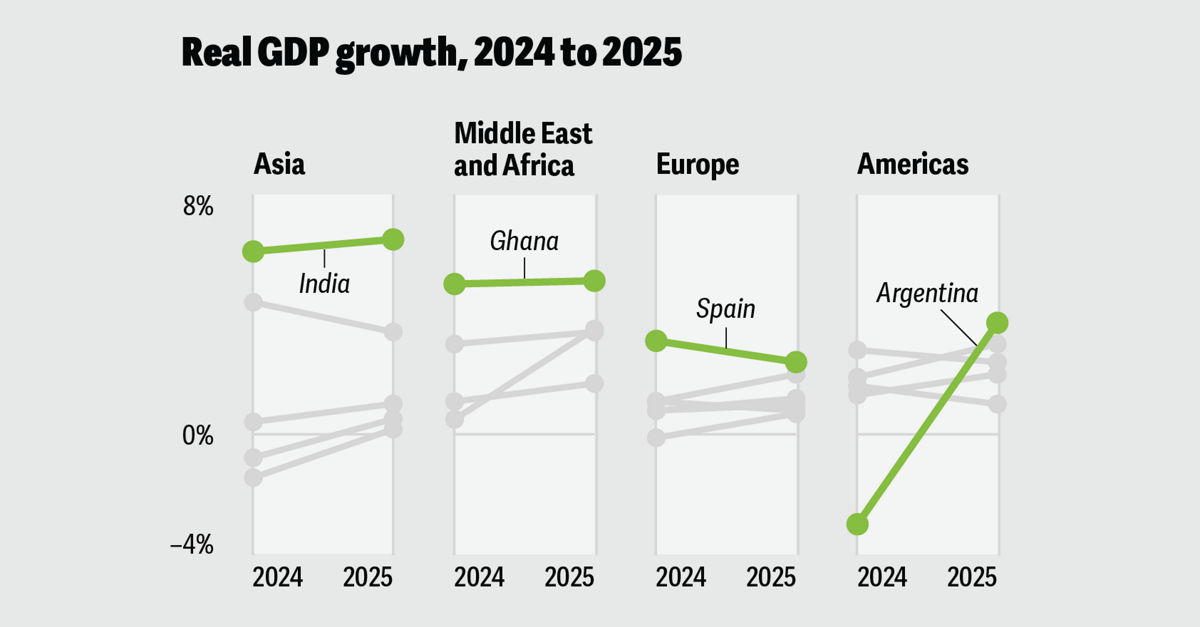
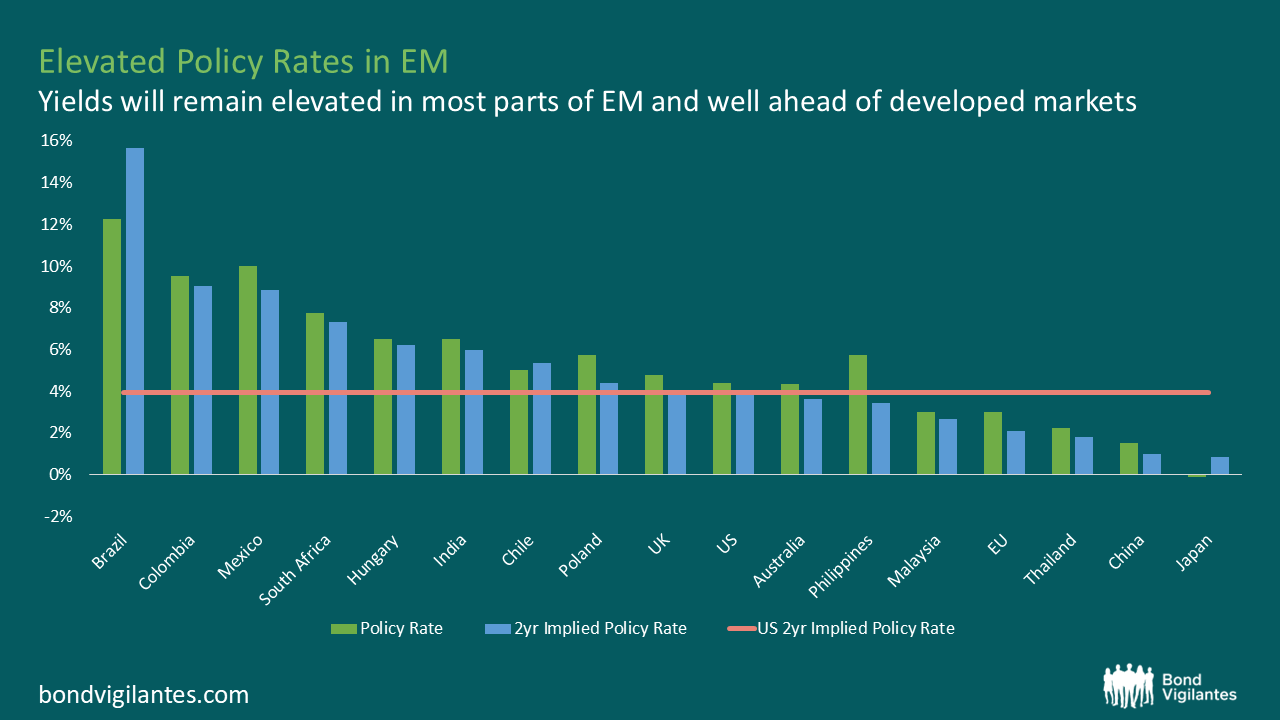
6
According to a weekly update from Deloitte’s Global Economics Research Center, several factors are weighing on the world economy: demographic changes, social shifts, evolving business-models, plus the ongoing impact of global economic rebalancing. Deloitte
Why this matters:
- The global economy is still adapting post-pandemic, with supply-chain shifts, rising debt, inflation/investment uncertainties, and geopolitical tensions.
- For countries like Pakistan (where you are), global economic trends affect export-markets, remittances, commodity-prices, investment flows and fiscal space.
- Understanding these trends helps policymakers, businesses and individuals anticipate risks and opportunities.
What to watch: how major economies (US, China, EU) perform, how emerging markets fare, commodity price shifts, debt sustainability, and policy responses to inflation, climate-transition costs and demographic ageing.